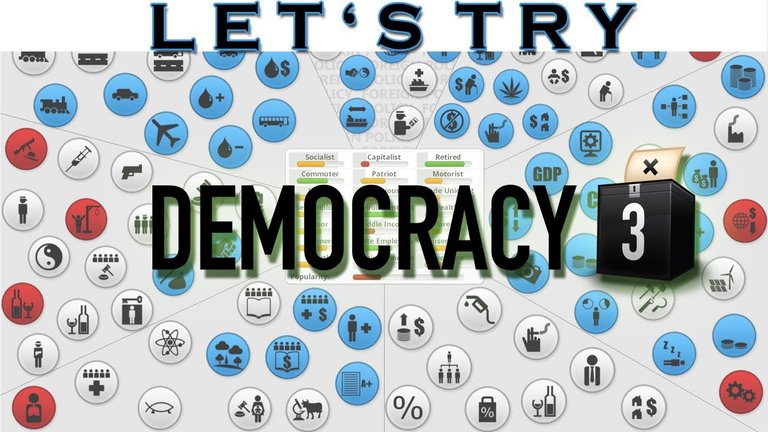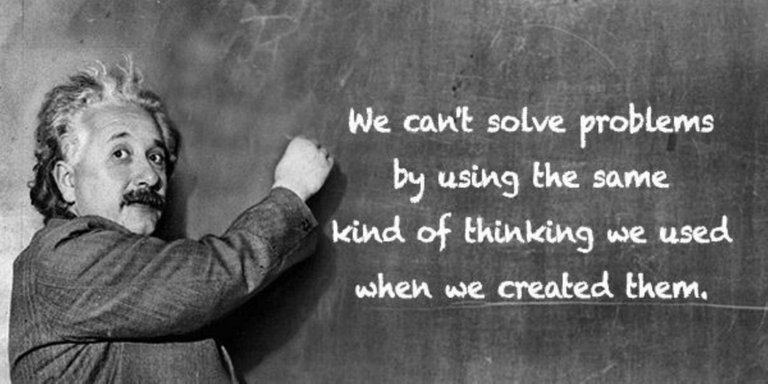
There has been an increasing interest by political scientists to search for right institutions that not only enforce true democracy in the United States but also foster unwavering constitutional norms. In chapter two of A Different Democracy, Taylor, Shugart, Lijphart, and Grofman (2014) contend that political and institutional challenges prompted the endorsement of the country’s constitution in Philadelphia, in 1787. The U.S. political system faced pervasive issues such as incongruities between the federal and state governments, as well as the difficulties pertaining to tax collection and foreign policy paradigm. With the passage of time, Americans felt the exigency to restructure the Constitution in a manner that would streamline the geographical and political character of different states and uphold republicanism in its true sense. The making of the Constitution and subsequent amendments echo a pragmatic consciousness of the American political parties and actors who readily join hands to carve out a feasible solution whenever the country encountered a legislative or diplomatic quandary.

While drafting the U.S. Constitution, two critical considerations - factional balancing and separation of power - dominated the zeal and energies of the founding fathers. Concessions made to secure factional balancing, in matters such as the equal representation of the states in Congress, commonality of defense, adherence to republicanism, and support of the Constitution across the federating units, culminated in the plans-versus-compromises specter that sought to regulate representation of the states and, eventually, pacify the contentions on the structure of legislative framework. Critical provisions of this proposal included naturalization rule, independence of the judiciary, and the supremacy clause. The second consideration was the separation of powers that sought to ensure that there were checks and balances in the politico-administrative realm, based on the oversight from three distinct bodies: judiciary, legislature, and the executive.
Resultantly, vetted proposals from imminent intellectuals and political scientists, such as Madison, yielded in the creation of unique institutions, based on the principles of federalism and presidentialism. Unfortunately, the political engineering also led the nation to further challenges, including overrepresentation of smaller states in the Senate, new forms of incongruities between the federal and state governments, and distortions and anomalies in the electoral process. Furthermore, the process of deliberations for codifying law of the land overlooked the incorporation of the defined principles pertaining to the domain of public policy, the electoral procedure for members of the House of Representatives, as well as the formation and structure of political parties. While pragmatism and political engineering behind the making of the U.S. Constitution strengthened political institutions in the country, it introduced a new set of challenges and complexities.

Today every sane citizen would buy with the fact that America needs a new plan-oriented-compromise to regain its fast-deteriorating harmony
Congratulations @gondal! You received a personal award!
Click here to view your Board
Congratulations @gondal! You received a personal award!
You can view your badges on your Steem Board and compare to others on the Steem Ranking
Vote for @Steemitboard as a witness to get one more award and increased upvotes!